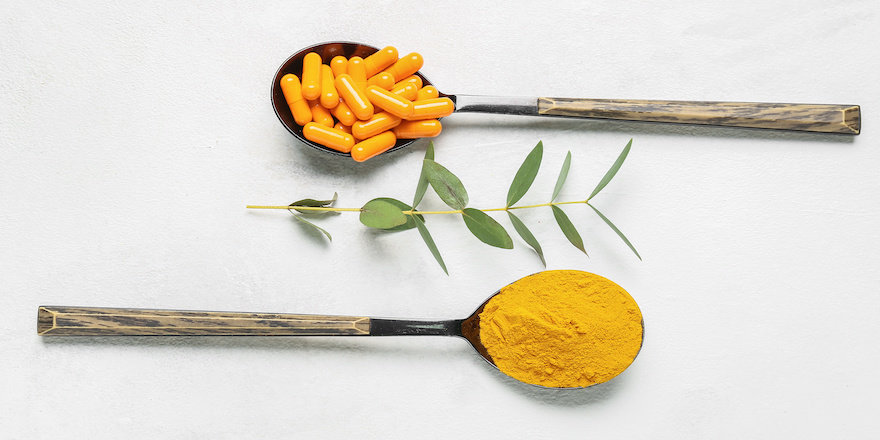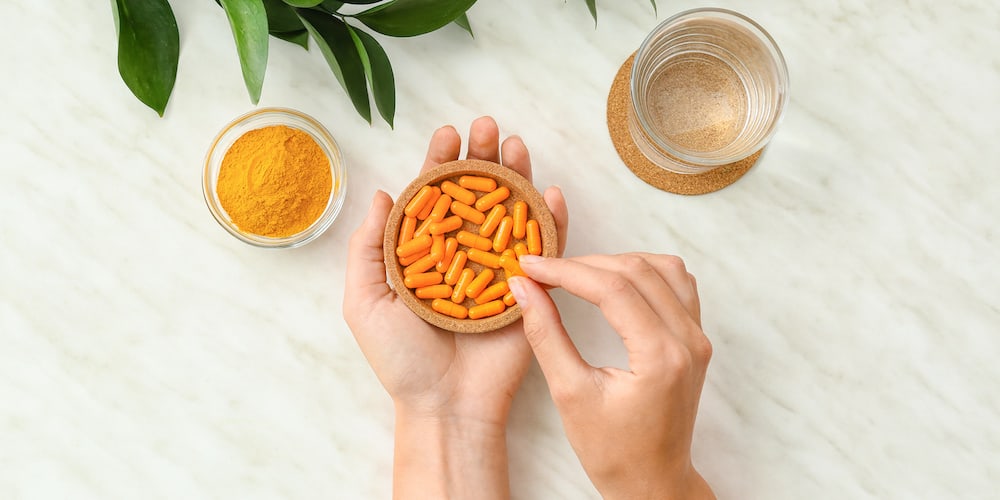This bright yellow spice, originating from Asia, is a staple in cooking and adds a peppery flavor to our dishes.
But beyond its culinary use, turmeric has a long history in traditional Ayurvedic and Chinese medicine.
It is indeed credited with anti-inflammatory, antioxidant, antimicrobial, and digestive properties. These positive effects have led to its increasing popularity in recent years in the field of dietary supplements.
Its benefits are known to come mainly from curcumin, a polyphenol. Scientific studies highlight its properties, but this active compound does not yet have any claims recognized by the ANSES.
Read also | Criteria for buying the best curcumin according to a pharmacist
What the ANSES warning says
Hepatitis linked to turmeric consumption
Scientific studies have repeatedly shown the hepatoprotective effects of curcumin on the liver. This is particularly indicated by this publication.
The food vigilance system of the French Agency for Food, Environmental and Occupational Health & Safety (ANSES) recorded about fifteen cases of hepatitis in France after consumption of dietary supplements containing turmeric.
The same is true in Italy with more than 20 recorded cases of hepatitis.
Overdosing at fault
The reason for these hepatic cases ? It was mostly due to overdosing.
The acceptable daily intake (ADI) is 180 mg for an adult weighing 60 kg. If this figure doesn’t really speak to you, know that the average consumption of this spice is about 27 mg per day in France. We are far from the limit.
It is therefore difficult to reach this quota with your spice jar, but this is not the case with dietary supplements.
Caution regarding dietary supplements
Curcumin is an active compound that is poorly bioavailable, meaning it is absorbed very little by the body. Some dietary supplements retain this “classic” form of turmeric, without any additions. They generally pose few problems.
However, new forms have started to emerge on the market. They combine turmeric with other compounds that increase the bioavailability of this curcumin, for more efficacy.
The result? A risk of overdose, even if the ADI seems to be respected.
Among the compounds aiming to optimize the bioavailability of turmeric, we find piperine found in pepper. Laboratories also develop complexes based on micelles or colloidal nanoparticles to increase absorption.

My advice on using turmeric dietary supplements
Its other adverse effects
Among the hundred or so reports made to ANSES, other adverse effects have been noted apart from those related to the liver.
These mainly consist of general symptoms, such as headaches and dizziness, as well as digestive issues (diarrhea, nausea). If you use turmeric dietary supplements and experience these effects, stop your regimen and consult a healthcare professional.
Who should avoid taking turmeric
According to ANSES feedback, starting a supplement regimen is not advised in certain cases, particularly if you:
- suffer from liver or biliary tract diseases
- are on anticoagulants, anticancer or immunosuppressive drugs. Turmeric could interact with your medications.
I advise in all cases to consult a healthcare professional before starting a turmeric regimen, and favor French brands that are sold through well-controlled channels. Regulations on supplements are not the same everywhere.



